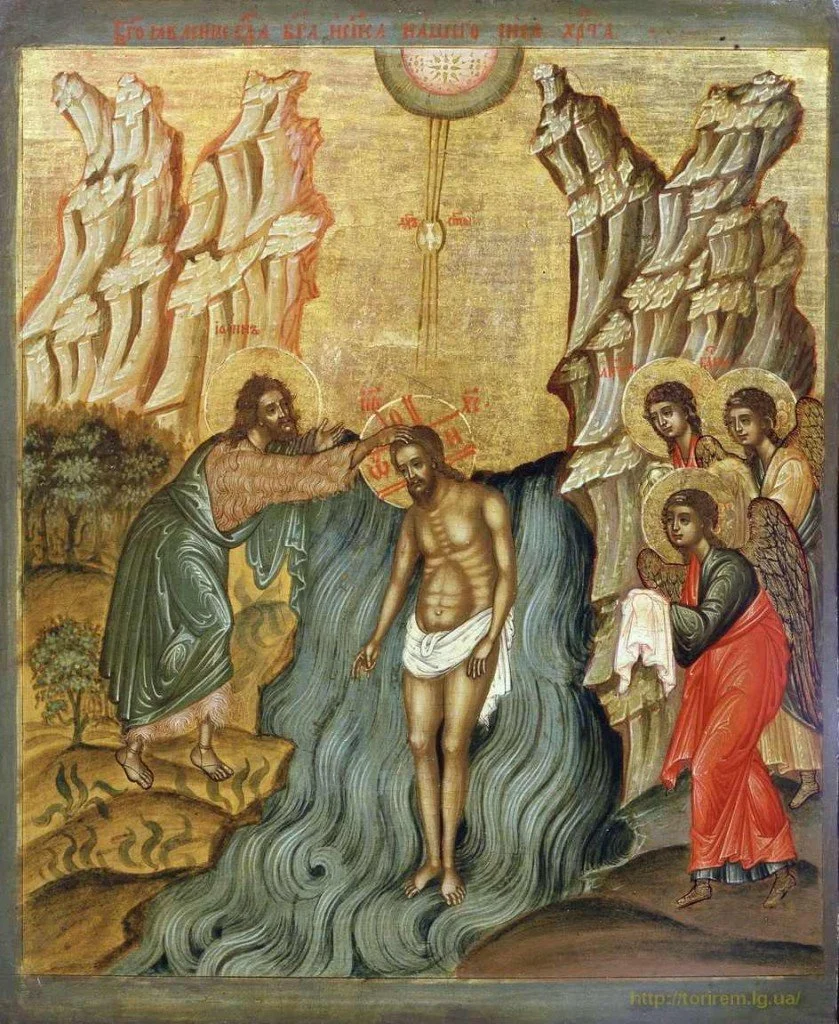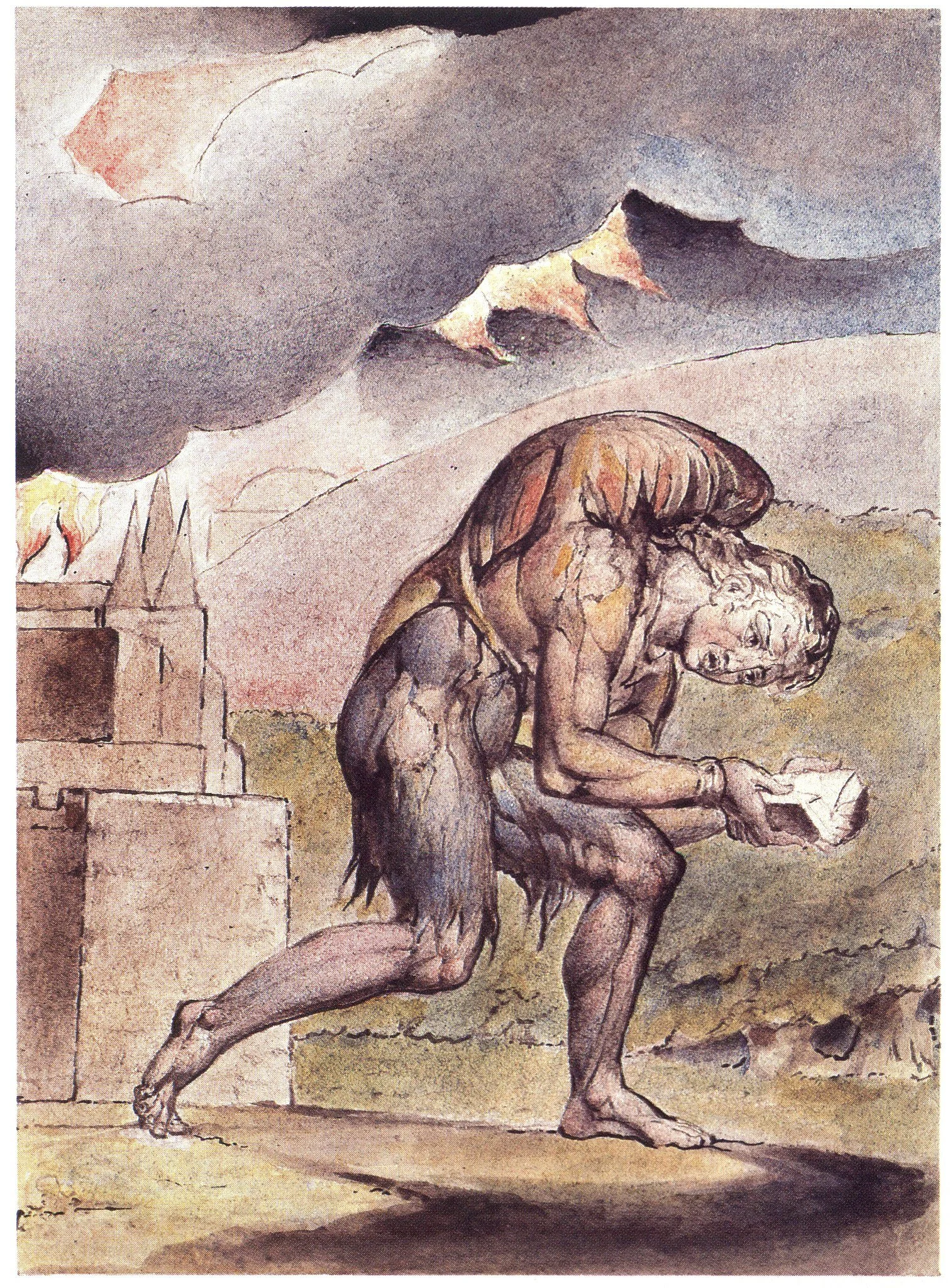Nicholas Norman-Krause on learning the language of the Trinity: “The doctrine of the Trinity be approached in catechesis not so much as a metaphysical riddle to be solved but as a grammar of speech to be learned. As a kind of grammatical formation, catechesis in the Trinity seeks to bring clarity and coherence to the way Christians worship, pray, proclaim the gospel, and read Scripture. These I take to be some of the primary activities of Christian life, as well as some of the primary ways Christians come to know God. They are also fundamentally linguistic activities, modes of speaking and listening to and with God. Trinitarian catechesis succeeds when it is able to form persons such that their speaking and hearing are sufficiently cultivated so as to know God in these primary Christian activities.”
Catechesis for the Road: A Review of Curtis Freeman's Pilgrim Letters
This kind of ecumenical Baptist viewpoint characterizes this book as well. The publisher rightly describes the tenor of these letters as “evangelical-catholic, free-church-ecumenical, and ancient-future.” Freeman is clearly writing within the Baptist tradition, even as he seeks to help those within the tradition reach out to the broader and deeper roots of the broader Christian tradition. In these pages, Pilgrim meets saints of the Great Tradition, such as Tertullian, Augustine, Anselm, Bonhoeffer, and Romero, as well as leading lights from the Anabaptist and Baptist traditions—Thomas Grantham, Edward Barber, William Carey, and others. We also meet some of Freeman’s own teachers (as well as students), and local churches.







